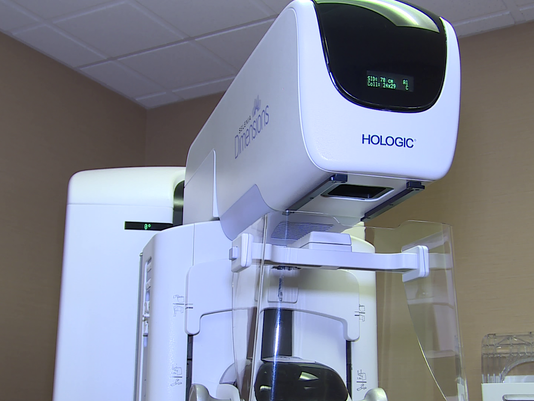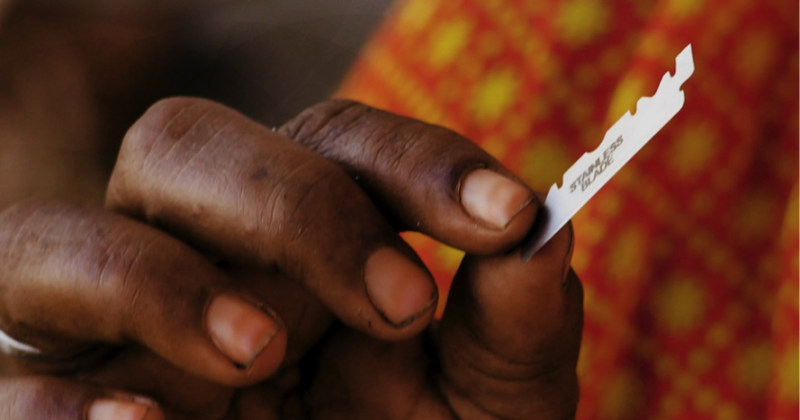
Minimally invasive surgery for cervical cancer is a higher risk than the abdominal surgery
Story by Suzanna Larkin, T'19 Cervical cancer screening has greatly reduced its incidence in the United States, resulting in about 13,000 cases a year and 4,000 deaths. It remains the fourth most common cause of cancer death in women worldwide, however, causing over 300,000 deaths per year. Cervical cancer develops after persistent infection by the human papillomavirus (HPV), an extremely common STD. While later stages are treated with radiation, early stage cervical cancer is commonly treated through surgery. An increasingly popular method is a minimally invasive surgery performed through small cuts in the abdomen, using either laparoscopy or a robot. This surgery technique is regarded as a medical advancement that lets patients recover faster. Unlike drugs, which are heavily regulated by the Food and Drug Administration, surgery is more adaptive. As long as the hospital allows it, surgeons are able to try new approaches with unconventional tools. Two recent studies published in the New England Journal of Medicine found that in comparison...





